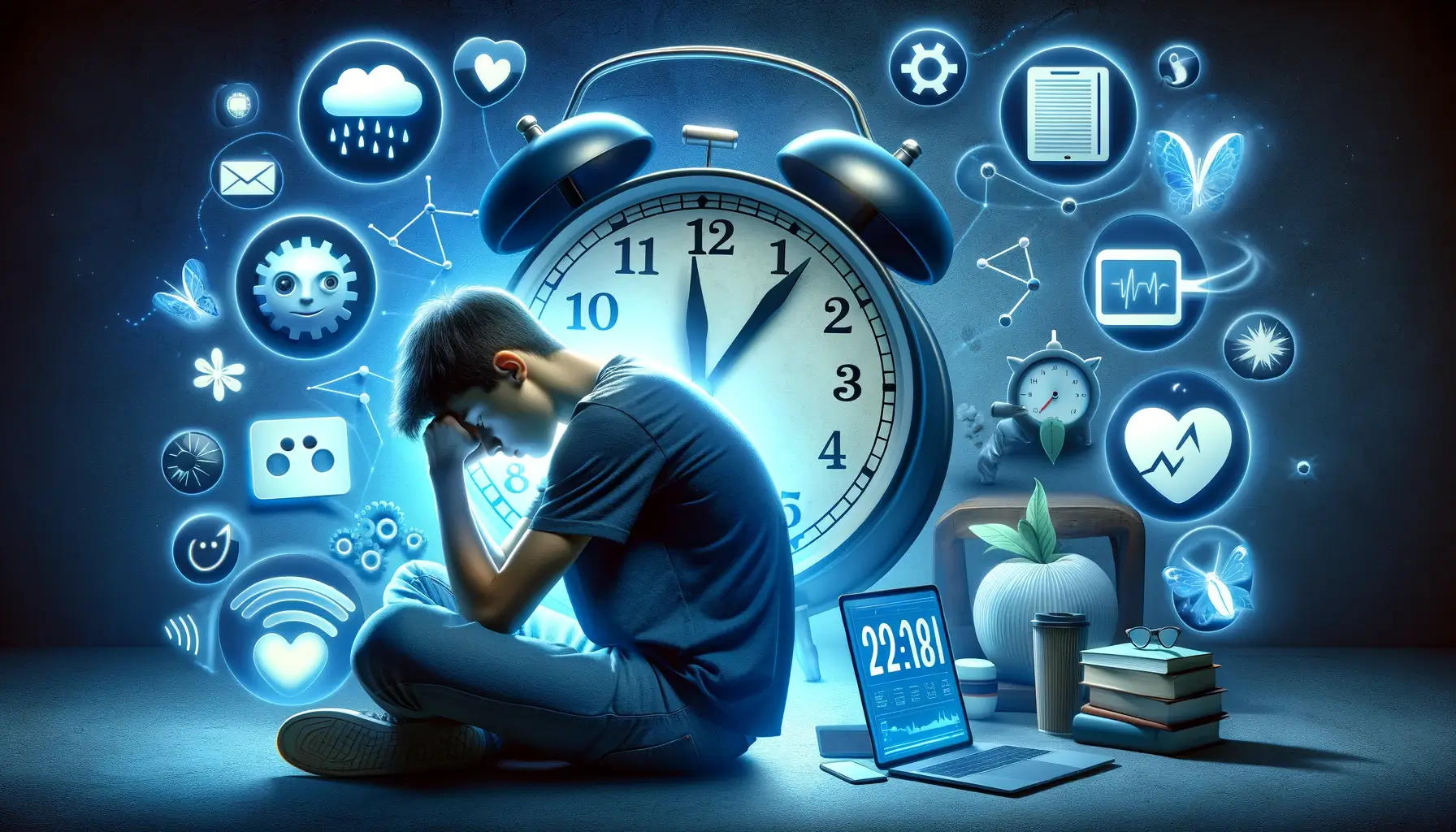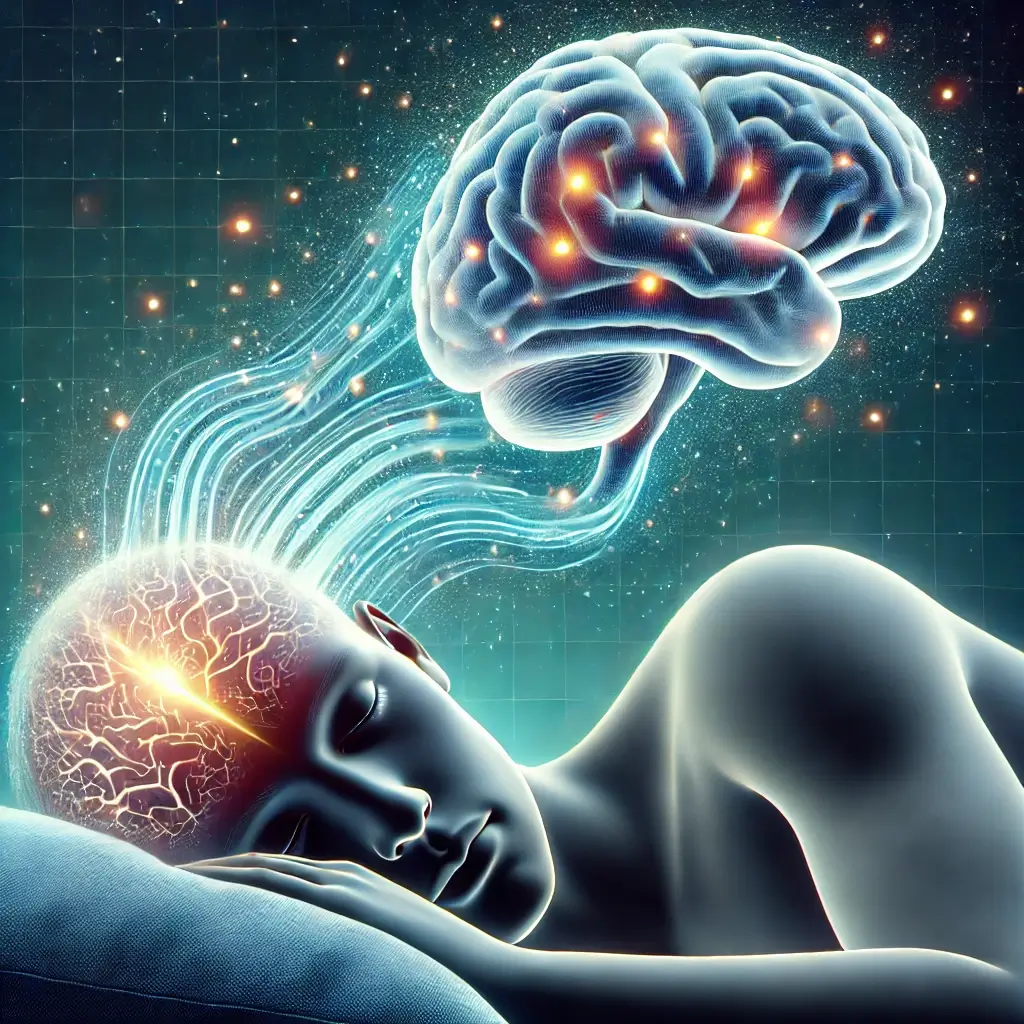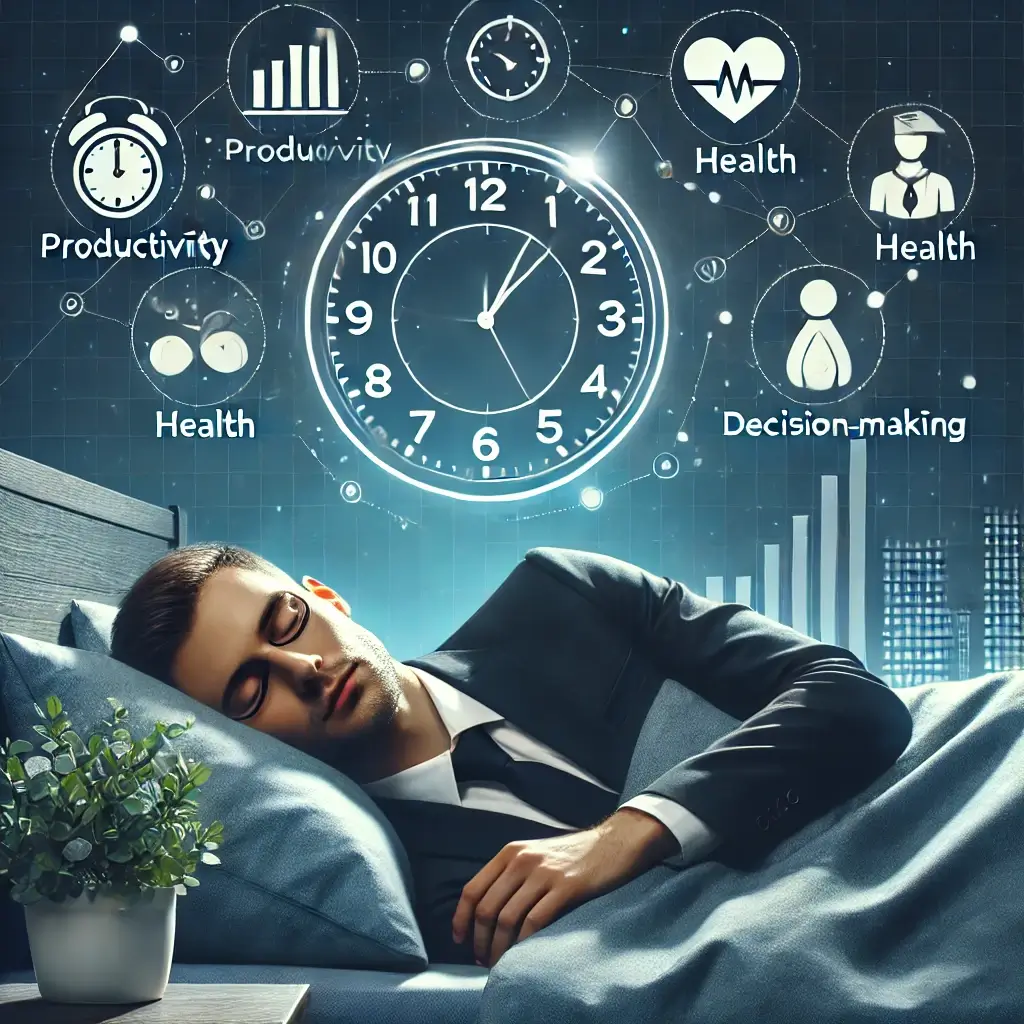The Link Between Migraine and Insomnia
Migraines and sleeplessness have a well-established association, which appears to be reciprocal. Here’s the breakdown of the connection:
Insomnia Causes Migraines:
Disrupted Sleep Patterns: People with insomnia frequently have difficulties falling asleep, remaining asleep, or waking up feeling tired. These sleep interruptions may serve as a trigger for migraine symptoms.
Stress and Anxiety: Insomnia can cause stress and anxiety, both of which are migraine triggers.
Sleep difficulties: May change neurotransmitter levels in the brain, such as serotonin, which can contribute to migraine development.
Migraine Affects Sleep:
Pain Disruption: The throbbing pain of a migraine attack can make it difficult to fall and stay asleep.
Drugs: Certain migraine drugs, particularly those containing caffeine, might cause sleep disturbances.
Post-Migraine Fatigue: After a migraine attack, people frequently feel fatigued and have difficulty concentrating, making it difficult to relax and prepare for sleep.
The Cycle: These conditions can lead to a vicious cycle. Poor sleep due to insomnia raises the risk of a migraine, and a migraine attack affects sleep even more.
Regular exercise can have various benefits for people who suffer from migraines.
Evidence and Study:
People with migraine are 2-8 times more likely to have sleep disturbances than the general population.
Insufficient sleep has been linked to increased migraine frequency and intensity.
Tips to Manage Both:
Prioritize Sleep Hygiene: Create a consistent sleep schedule, a soothing nighttime habit, and a sleep-promoting environment.
Stress Management: Relaxation exercises, yoga, and meditation can help with insomnia and migraines.
Dietary Changes: Eating a well-balanced and healthy diet is essential for migraine prevention. Migraine triggers include old cheeses, processed meats, alcohol, and foods high in MSG or nitrates.
Instead, eat fresh, healthy meals such as fruits, vegetables, whole grains, and lean protein. Staying hydrated by drinking enough water throughout the day can also help prevent dehydration, a frequent migraine trigger.
Consuming anti-inflammatory foods such as fatty fish, almonds, and leafy greens may also help to lower inflammation and alleviate migraine symptoms.
Regular exercise can have various benefits for people who suffer from migraines. Exercise can help improve sleep quality, which is critical for controlling migraines because poor sleep can be a major trigger.
Furthermore, regular exercise has been proven to release endorphins, which are natural painkillers that can help relieve migraine discomfort and lessen the frequency of attacks.
Activities such as brisk walking, yoga, and low-impact workouts such as swimming or cycling can be especially beneficial since they promote blood flow and relieve muscle tension without overworking the body.
To avoid triggering a migraine episode, choose an exercise plan that works for you and gradually increase the duration and intensity of your workouts.
Speak with Your Doctor: If you suffer from sleeplessness and migraines, talk to your doctor about treatment options. They might recommend cognitive behavioral treatment for insomnia (CBT-I) or look into drugs for both disorders.
Remember that a healthy lifestyle and appropriate sleep patterns are essential for controlling migraines and insomnia.













